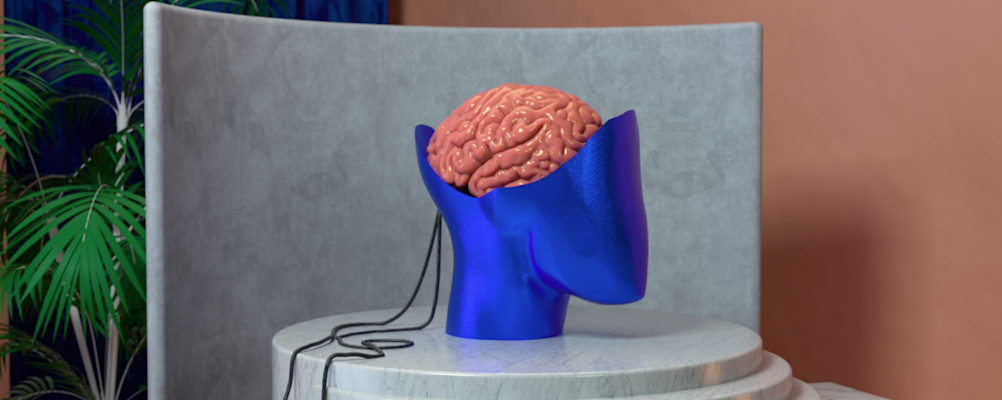TU Delft
Data-driven design methods
Finished
Data-driven design methods represent a relatively novel but promising direction for contemporary design practice and for the Creative industries at large. In the past few years, several theoretical advances have
been accomplished in this domain: for instance, the use of data for design enquiry has been formally investigated and the role of data-driven design in innovation processes has been recognized and examined. Data-driven design practices already find fruitful application in data-rich digital sectors, such as entertainment, marketing, or transportation.
An upcoming data-rich field of application in which data-driven design approaches find promising uses is healthcare, with particular reference to remote patient management (RPM). RPM is a branch of telehealth in which digital technologies are employed to collect and process health-relevant data in a location, such as a patient’s home, and electronically transmit it to healthcare providers in a different location for assessment and recommendations. Among other benefits, RPM systems unlock the possibility to deliver remote behavioural change interventions and stimulate healthy choices in everyday life, enabling a transition from reactive to preventative care with a focus on healthy living.
The Box programme
In the Netherlands, a leading initiative in the RPM domain is represented by the Box programme. The Box is a large-scale RPM initiative led by the Leiden University Medical Centre (LUMC), and conducted in partnership with both private and public partners, including Philips Experience Design and the Delft University of Technology. The programme has successfully focused, in the past years, on the hospital-wide implementation and validation of RPM systems for a wide array of conditions, including diabetes, covid-19, and myocardial infarction. In the present, the programme focuses on building a strong knowledge base for scaling the Box programme beyond the confines of the LUMC.
Goal
Within the Box initiative, an opportunity exists to collaboratively apply, refine and develop evidence-based, data-driven design methods for RPM development and scaling. Such a challenge constitutes a chance to develop knowledge on designing for system change, since the scaling up of RPM interventions constitutes a form of sociotechnical transition with complex, multifaceted and hard-to-predict implications.
The topic of RPM data strategies represent a source of different research opportunities for the Creative Industries.
Plan
The project work plan is articulated in three phases: Analysis of existing Box data strategies, collaborative development of (scaled-up) Box data strategies, and theory elaboration and dissemination. The three phases are aimed, respectively, at answering several research questions.
Project budget €110.401, with €100.000 PPS surcharge being used.


